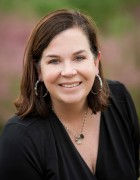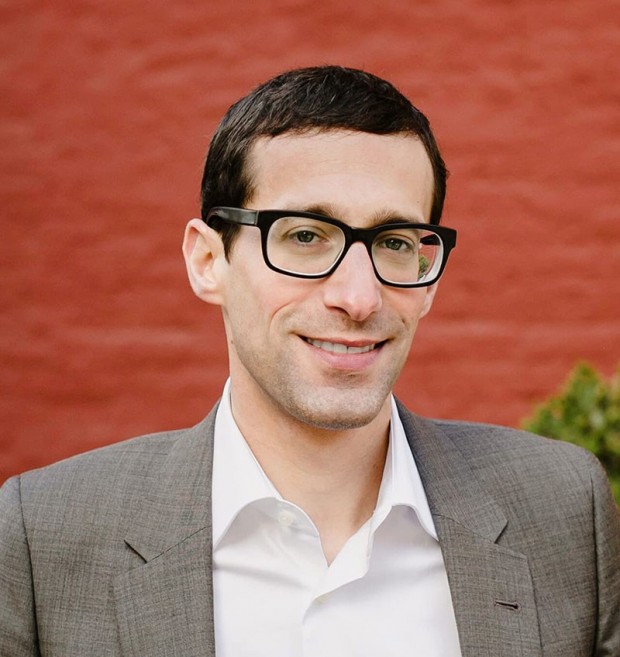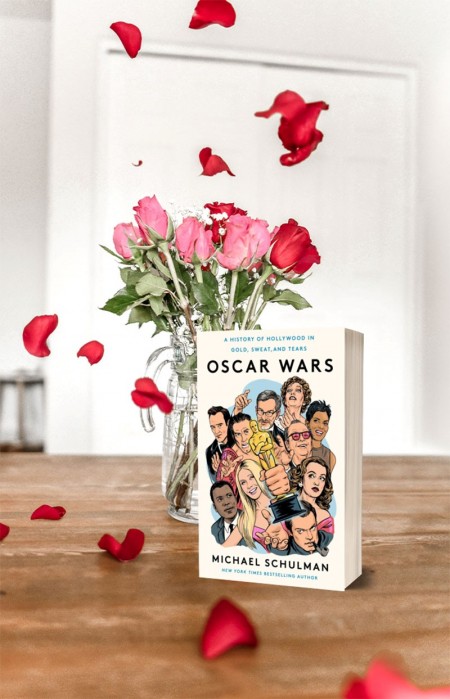Author Q&A: Michael Schulman

The 2023 Jewish Book & Arts Festival began on Nov. 4 and runs through Nov. 18. This year's Festival features an outstanding line-up of authors and artists, offering fresh, interactive programming touching on a number of top-of-mind topics relevant to our daily lives, and more details can be found here. A number of local authors are on the festival program, including Martin Siegel, Ellen Leventhal, Alex Lazar, and David Biespiel (whose book is about Meyerland). In connection with the Festival, I interviewed Closing Night author Michael Schulman about his new book, Oscar Wars.
America does not have royalty. It has the Academy Awards. For nine decades, starlets, leading men and producers have chased the elusive Oscar. This lively history of the Academy Awards focuses on the brutal battles, the rivalries, and the colorful behind-the-scenes drama. Featuring a star-studded cast of the most powerful Hollywood players, as well as outsiders, this book is a collection of tales, representing a turning point for the Academy, for the movies and for the culture at large.
Michael Schulman is a writer living in New York City. His newest book is Oscar Wars: A History of Hollywood in Gold, Sweat, and Tears, which the Wall Street Journal called “surely the best book about Hollywood’s biggest night.” His first book, Her Again: Becoming Meryl Streep, about the actress’s artistic coming-of-age in the 1970s, was a New York Times bestseller. He is a staff writer at The New Yorker, where he has contributed since 2006 and primarily covers arts and culture. His work has also appeared in the New York Times, Vanity Fair, The Believer, Aperture, and other publications.
Michael answers some questions that I posed to him about Oscar Wars:

Author Michael Schulman is a staff writer at The New Yorker, where he has contributed since 2006 and primarily covers arts and culture. He will be “In Conversation” with Ernie Manouse, host of InnerVIEWS, at Evelyn Rubenstein JCC Kaplan Theatre on Nov. 18 at 8 p.m. on Closing Night of the Jewish Books & Arts Festival.
What inspired you to start writing Oscar Wars?
I’ve loved the Oscars since I was 10 or 11, and I used to run the office Oscar pool at The New Yorker, where I work. But I got more interested in the Academy’s history in 2017, when I wrote a piece for the magazine about the aftermath of #OscarsSoWhite and the Academy’s efforts to diversify its membership. That spring, I went to the Oscars for the first time in person. I sat in the press room, where there are long tables of reporters from around the world, and after each award the winner is shown in to answer questions. That was the year of the Best Picture envelope mix-up with Moonlight and La La Land – and I can still remember the scream in the room as everyone realized we were watching something unprecedented. It felt like an incredible twist ending to Hollywood’s year of racial reckoning.
That inspired me to look back at previous Oscar years that told a larger story of the era, and the structure of Oscar Wars took shape: instead of plodding through every single year, I would choose a dozen or so and dive deep into each one. For instance, there’s a chapter on the Best Actress race of 1951, or the Best Picture race of 1976, an incredible lineup that includes One Flew Over the Cuckoo’s Nest, Nashville, Barry Lyndon, Dog Day Afternoon…and Jaws. The story of those five movies is a microcosm of how the risk-taking “New Hollywood” of the ’70s became the blockbuster Hollywood of the ’80s.
What kind of research did you have to do?
My book starts in 1927, when the Academy was founded, and goes through the present, so my research methods varied a lot from one time period to the next. For the earliest chapters, I did archival research at the Academy’s Margaret Herrick Library, in Los Angeles, and at the New York Public Library for the Performing Arts, at Lincoln Center. I love archival research – at one point, I was reading telegrams between Mary Pickford and Douglas Fairbanks! As I got to the 50s, there were a few descendants of the main characters I could interview, like Judy Holliday’s son or Dalton Trumbo’s daughter. And then, as I got further along, more and more people were alive, and the later chapters are almost entirely interview-based.
Can you share something with me about your book that is not in the blurb?
I turned in the manuscript in early 2022, but the ending wasn’t sitting right with me – I’d written a conclusion drawing together the themes in the book, but I felt like something was missing. Then, in March, I went to the Oscars again for The New Yorker, and I was in the balcony when something very confusing happened: Will Smith marched onstage while Chris Rock was talking and – WHAT? The pandemonium of The Slap was even crazier than it was after “Envelopegate” in 2017. I ended my night at the Vanity Fair party, where I spotted Smith dancing to “Gettin’ Jiggy wit It” with his Oscar statuette, smiling like nothing had happened. I knew I had my ending – and, fortunately, there was time to revise the manuscript.
What do you hope your readers take away from your book?
First of all, I want readers to have fun. It’s the Oscars, after all! Grab some popcorn and enjoy. But I also want to get across that the Oscars, as ridiculous and frivolous as they are, tell us something meaningful about how American culture has evolved over the past century, whether it was the transition from silent film to talkies, the labor movement of the Great Depression, the onset of World War II, the Hollywood blacklist in the ’50s, the counterculture of the ’60s, or the unrestrained glitz of the ’80s. Those all form the backdrops of what I hope are entertaining, deeply human stories that climax on the Oscar stage.
Do you have any say in what your book cover looks like?
Yes! The first thing I told HarperCollins was that I didn’t want the cover to be a black-and-white photo of Audrey Hepburn or Elizabeth Taylor holding an Oscar – this isn’t a book about elegance or glamour. It’s a book about fighting! Then I had an idea for an illustration, based on the classic poster for the 1963 comedy It’s a Mad, Mad, Mad, Mad World, where all the stars are hanging off a globe reaching for the same suitcase of money. I thought, what if we had a bunch of characters from the book (Orson Welles, Bette Davis, Steven Spielberg) reaching for the same statuette? Fortunately, the publisher loved the idea and found a fantastic illustrator, Agata Nowicka, to bring it to life.
What are you reading now and what have you read recently that you loved?
I read a lot of books about Hollywood. In the past few months, I’ve read a new book by Peter Biskind (Easy Riders, Raging Bulls) called Pandora’s Box, about the rise and fall of prestige TV; Maureen Ryan’s Burn It Down, about the culture of abuse in the industry and how to fix it; Patrick Stewart’s wonderful autobiography, Making It So, in preparation for interviewing him for The New Yorker; and Budd Schulberg's classic 1941 novel, What Makes Sammy Run?, about a conniving screenwriter who climbs his way to the top of the studio system.
Michael will be “In Conversation” with Ernie Manouse, host of InnerVIEWS at Evelyn Rubenstein JCC Kaplan Theatre on Nov. 18 at 8 p.m. on Closing Night of the Jewish Books & Arts Festival. Learn more and/or purchase tickets here.
For more book recommendations and bookish thoughts, see Cindy’s monthly Buzz Reads column, her Thoughts from a Page Podcast or follow @ThoughtsFromaPage on Instagram. Find upcoming Conversations from a Page events here.
Want more buzz like this? Sign up for our Morning Buzz emails.
To leave a comment, please log in or create an account with The Buzz Magazines, Disqus, Facebook, or Twitter. Or you may post as a guest.



